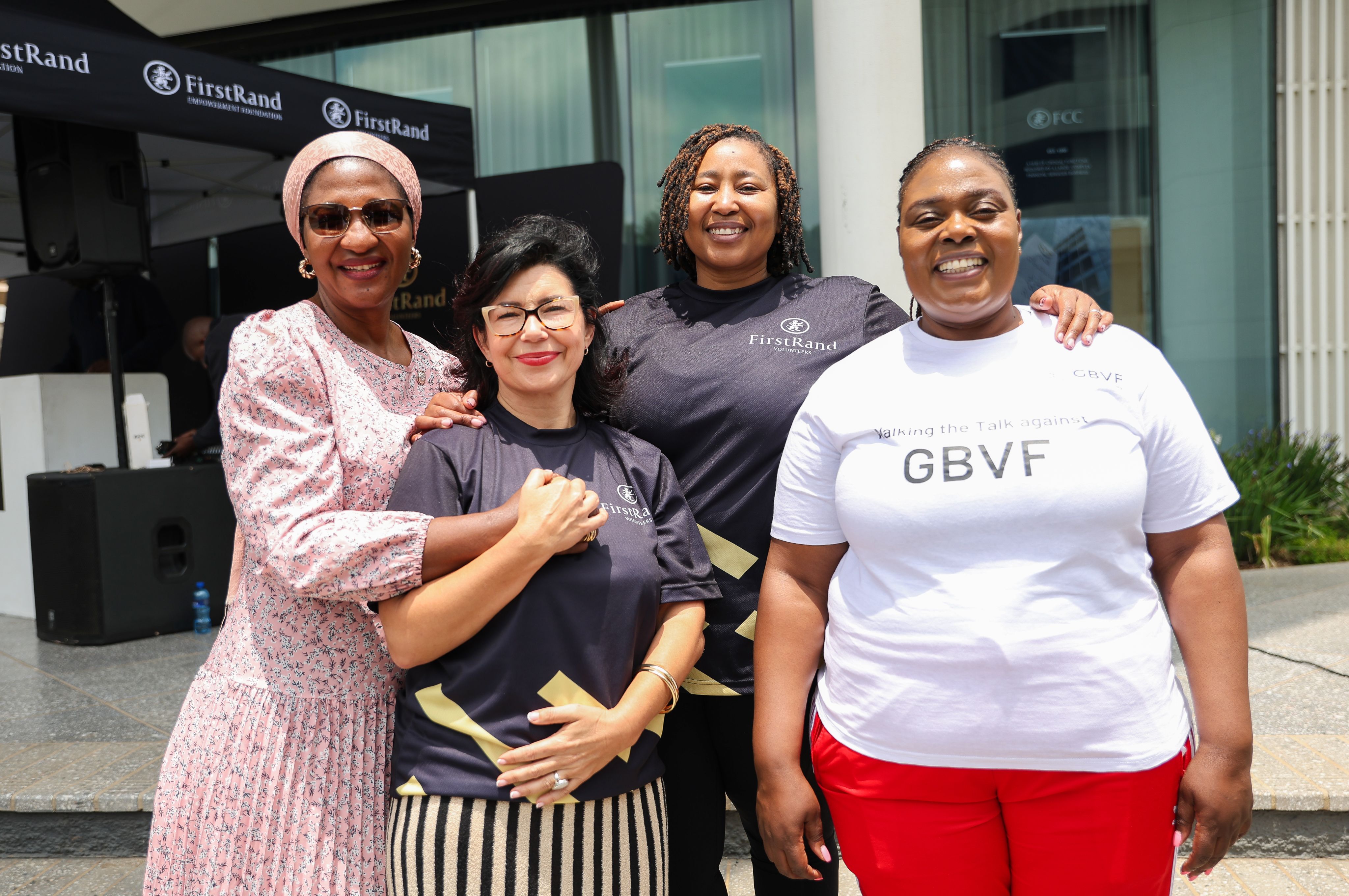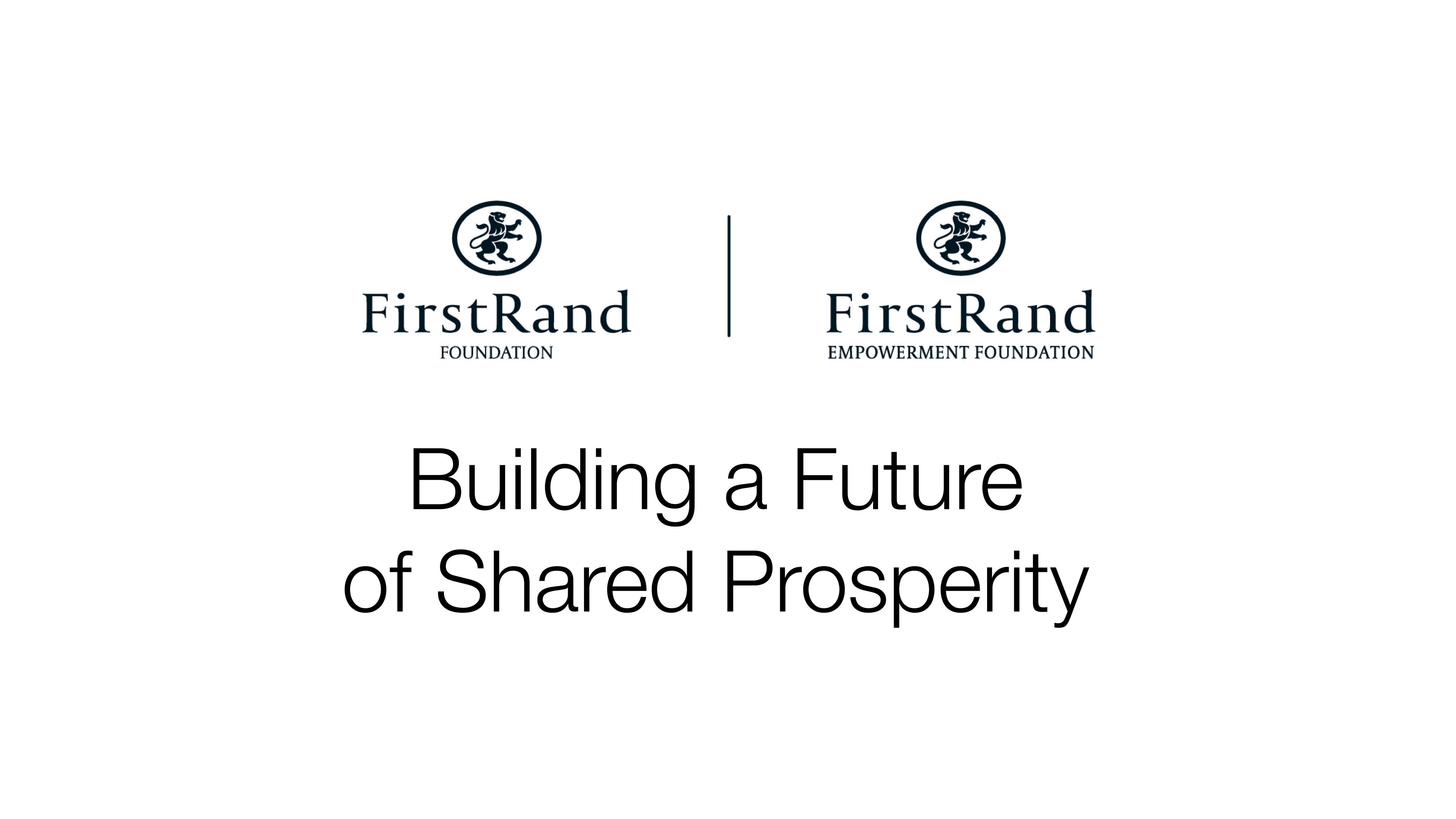
Discover the transformative power of change through the eyes of those who live it. Meet the beneficiaries whose lives have been touched by the FirstRand Foundations. Join News24 as we share their stories, voices of resilience that educate, uplift, and inspire meaningful action for sustainable change.
Empowerment Foundation's strategic approach to ending gender-based violence
In South Africa, gender-based violence isn't just a social crisis; it's a structural one - embedded in economic inequality, institutional failures, and the very systems that shape how communities function. Addressing it requires more than awareness campaigns or symbolic gestures. It demands strategic thinking, measurable outcomes and partnerships between organisations doing the vital work on the ground.

This is the philosophy that drives the FirstRand Empowerment Foundation's (FREF) approach to combatting gender-based violence and femicide. The FREF’s definition of success is deliberately specific in this regard, striving for “tangible results from interventions that culminate in verifiable changes - both short-term and long-term - through behavioural or attitudinal change of perpetrators, survivors and beneficiaries, leading to improved situations for survivors and communities, and their access to services, institutional and other reforms.”
This definition serves as the north star for the Foundation’s GBVF efforts - guiding every investment decision, partnership and intervention. It demands accountability, requires evidence, and rejects approaches that prioritise visibility over impact. The approach is underpinned by a strategic framework aligned with South Africa's National Strategic Plan on GBV, a built on three carefully selected pillars:
More Inspiring Stories from the FirstRand Foundation




